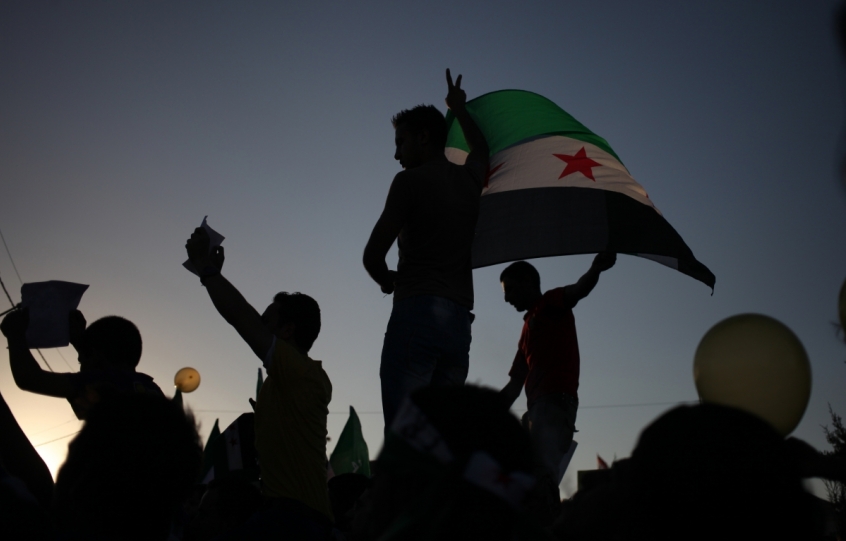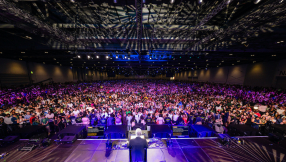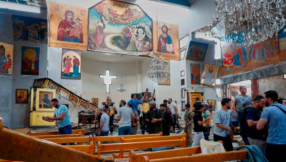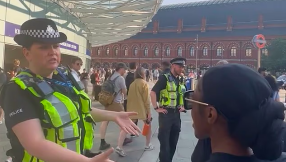
The United Nations must fulfil its responsibility to protect the people of Syria from gross human rights violations, the World Council of Churches has said.
The ecumenical body condemned the suspected use of chemical weapons against civilians in the conflict.
"No matter who is behind this attack, it is absolutely unconscionable that chemical weapons may have found their way into the conflict in Syria," said WCC general secretary the Reverend Dr Olav Fykse Tveit.
He said churches in Syria had "suffered greatly in the war" and that there was "no excuse" for either side in the conflict to resort to chemical weapons.
"Enough is enough," Dr Tveit said. "These last few days have shown again the brutality of this war, in which the innocent and ordinary people of Syria are paying an unbearable price."
An apparent gas attack on the Ghouta suburb of Damascus last week killed nearly 1,300 people, according to reports.
The US, UK and other countries are considering military action in response to the attack, which is being investigated by the UN. Dr Tveit said it was important that UN investigators be granted full access.
Syria has denied the use of chemical weapons but the US says there is "clear" evidence that President Bashar al-Assad's government was behind the gas attack.
UK Prime Minister David Cameron has recalled Parliament over the crisis. He said the use of chemical weapons was "morally indefensible".
"What we have seen in Syria are appalling scenes of death and suffering because of the use of chemical weapons by the Assad regime," he said. "I don't believe we can let that stand."
At least 100,000 people have died in the conflict and another 1.7 million have crossed the border into neighbouring countries, where they are living as refugees. An estimated 1.5 million people are displaced inside Syria.
Victims of kidnapping include two bishops, Archbishop Mar Yohanna Gregorios Ibrahim from the Syriac Orthodox Church and Archbishop Paul Yazigi from the Greek Orthodox Church, and Jesuit Father Paolo Dall'Oglio.
Dr Tveit urged the international community to find a peaceful solution to the conflict.
"I appeal to the UN and international community to work cooperatively for a negotiated political means to find a peaceful end to this conflict," he said.













